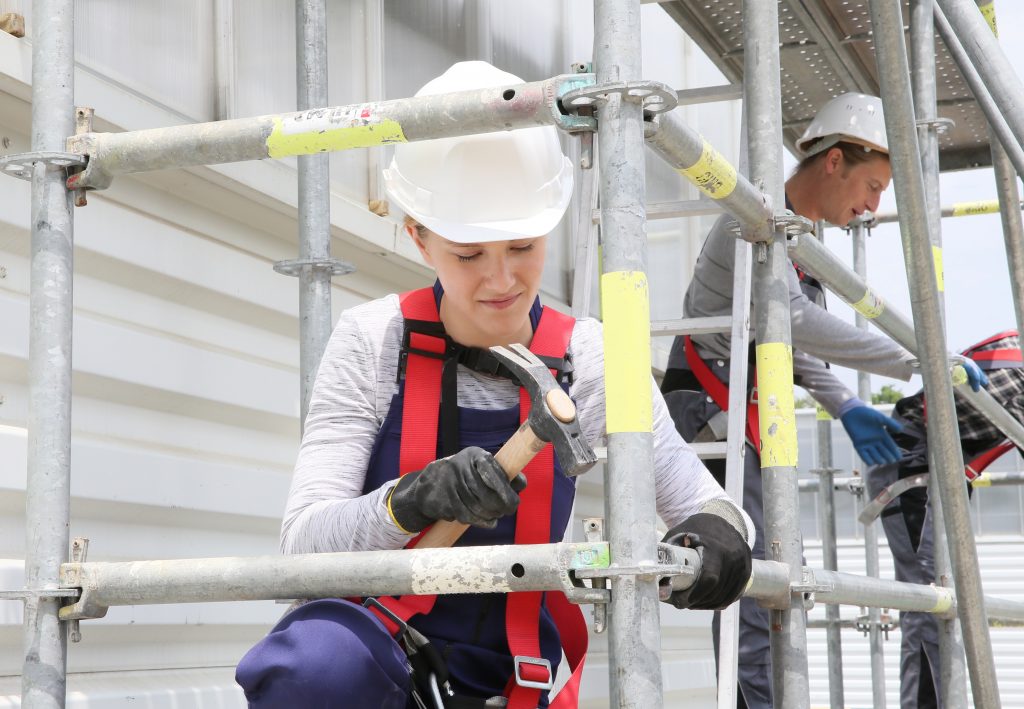Critical Scaffolding: Strengthening Maryland’s transitional financial support for domestic violence survivors and their children

In 1992, the Maryland General Assembly gave judges the power to require respondents in protective orders to pay emergency family maintenance (EFM) if the victim demonstrates need and the respondent has sufficient income. Rarely awarded in cases where there are no children, the intent behind EFM was to provide maintenance to petitioners who have children in common with abusers so they can meet the basic needs of their families during the pendency of an order and not be reduced to penury and forced to their abuser’s unsafe environment. This two-year study, from September 2015 to April of 2017, seeks to determine why only a quarter of final protective orders involving children were awarded EFM and to identify barriers that may prevent eligible survivors getting the financial help they need and are entitled to ensure their safety.